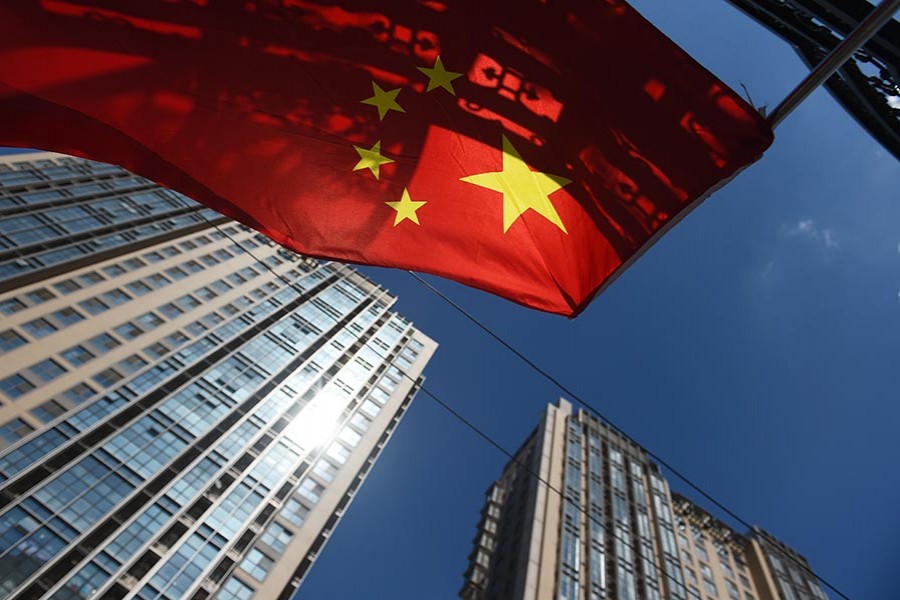Politics creates information wedge between market participants in emerging economies

Published :
Updated :

Institutional factors, such as politics and the relationships between politicians and companies, can dictate the way financing reports are created in many emerging economies, says a study.
There is often huge foreign interest in such economies -- particularly in China -- but it can be a major challenge for some market participants to obtain such information, adds the study.
Tianyu Zhang, Professor of School of Accountancy and Director of Centre for Institutions and Governance at The Chinese University of Hong Kong (CUHK) Business School in collaboration with Prof. Forester Wong and Prof. T.J. Wong, University of Southern California Marshall School of Business, conducted the study for CUHC Business School.
"We used financial analysts as our market participants because forecast accuracy offers a good benchmark for measuring the information they possess," says Prof. Zhang.
"Another reason is that the different acquisition costs of political knowledge between local analysts (those working for domestic brokerages), and foreign analysts (those working for local offices of foreign brokerages) is likely to drive an information wedge between them," he added.
According to Prof. Zhang, China offers an excellent context in which to study the effect of political institutions on information asymmetry between market participants.
Since the opening of the domestic A-share markets to foreign institutional investors in 2006, there has been a surge in foreign ownership of the shares and a rise in foreign analysts following Chinese domestically listed firms.
However, he believes local analysts with knowledge of China's political institutions are likely to have an advantage over foreign analysts when preparing forecasts.


 For all latest news, follow The Financial Express Google News channel.
For all latest news, follow The Financial Express Google News channel.